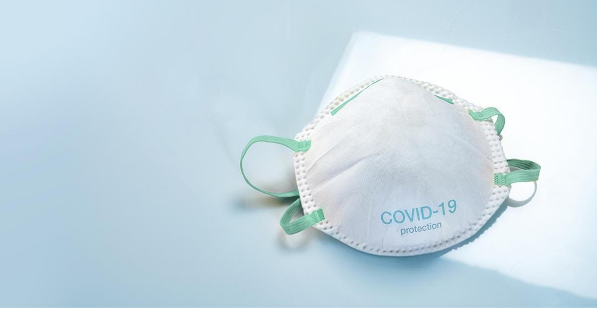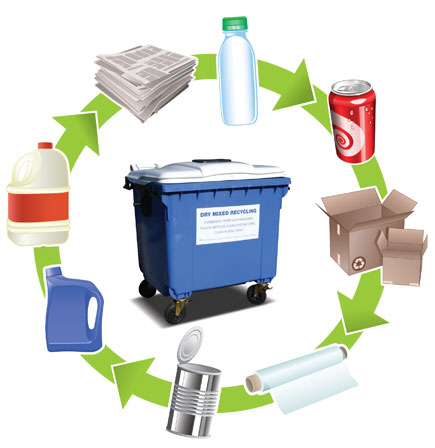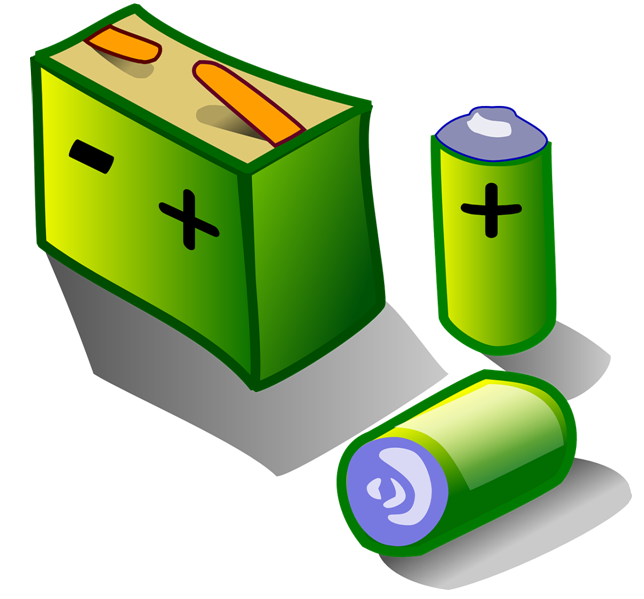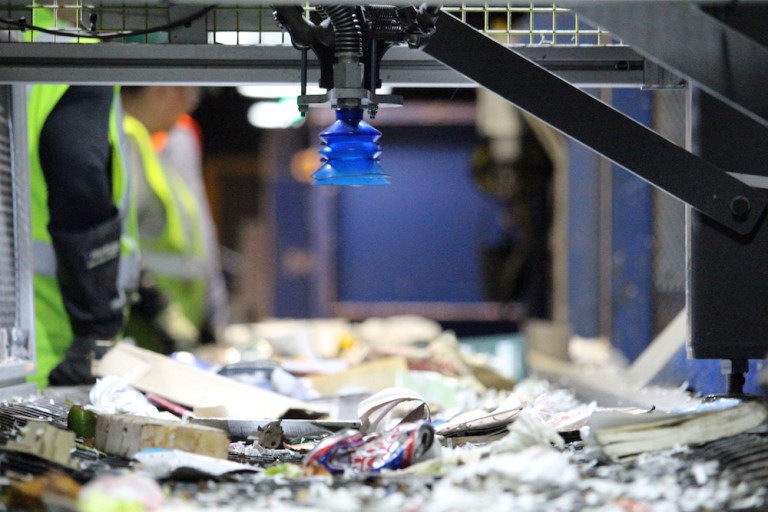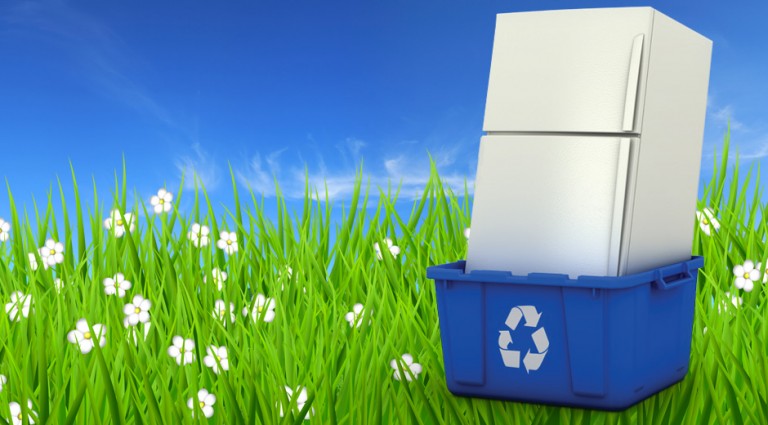Where and when was the recycling carried out for the first time?
Recycling is the process of converting waste materials into new ones from which new items are made. This is an alternative to conventional waste disposal, which saves raw materials and helps reduce greenhouse gas emissions.
Recycling can prevent the loss of potentially useful materials and reduce the consumption of fresh raw materials, thereby reducing energy consumption, air pollution and water pollution.
Recycling is a key component in today’s waste reduction
It is also the third component of the waste hierarchy “Reduce, reuse, recycle” – “Reduce, reuse and recycle”. In this way, recycling aims to preserve the environment by replacing raw materials and redirecting waste into the economic system.
Nowadays, many people are involved in recycling. Some do it because they want it, and others do it because they owe it. In any case, recycling can really help the environment, and this is something that more and more people have to start with.
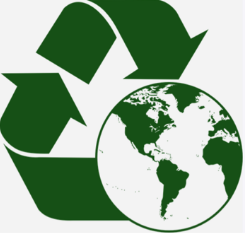
Although recycling seems like a modern concept introduced with the green movement in the 1970s, it has actually existed for thousands of years. Before the industrial age, the rapid production of goods that we know today was not possible, so practically everyone was recycled in some form.
When products are made (and bought) very cheaply, it is often more economical to simply throw away our old items and buy new ones. However, this culture of disposable goods poses a number of environmental problems.
In the 1930s and 40s, conservation and recycling became important in American society and in many other parts of the world. Economic problems make recycling a must for many people to survive because they couldn’t afford new goods.
In the 1940s, goods such as nylon, rubber and many metals were rationalized and recycled to support the military. Only during the environmental movement in the 1960s and 1970s did recycling become a basic idea again.
Here are some recycling facts you may not have known before
- About one person creates more than 4 pounds of garbage every day and about 1.5 tons of solid waste a year.
- Every year we produce 21.5 million tons of food waste.
- There are 25 trillion plastic wastes in the ocean. As a result, 269,000 tons are carried on the surface, while approximately four billion plastic microfibers per square kilometer pollute the depths of the sea.
- Less energy is required to produce new recycled paper than to produce paper from clean products. As a result, more trees absorb excess carbon dioxide.
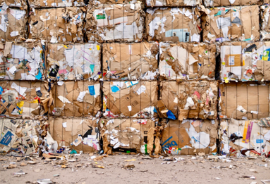
- Approx. 390 gallons of oil are used for each ton of paper produced.
- Aluminum-like glass is endlessly recyclable – without loss of purity or quality.
- The manufacturers of glass containers hope to achieve a recycling share of 50 percent when manufacturing new glass bottles. This achievement would save enough energy to supply 21,978 households a year while removing more than 181 tons of rubbish from the landfill each month.
- Energy used to create and distribute junk mail in a day can heat 250,000 households.
- The Container Recycling Institute (CRI) estimates that the 36 billion aluminum boxes scrapped last year are worth more than $ 600 million.
- People throw away around 28 billion bottles and glasses every year.
- Recycling a ton of paper can save 7,000 gallons of water.
- Recycling and composting reduce greenhouse gas emissions.
- You can make 20 new aluminum boxes from recycled materials with the same amount of energy required to make a brand new box.
- Recycling helps protect the Earth’s scarce natural resources.
- More than 15% of the money we spend on products goes into their packaging – most end up in the shopping cart.
- A discarded aluminum box or plastic bottle remains in its original condition for at least 500 years.
- To produce newspapers every week, 500,000 trees have to be felled.
- Over 100,000 marine animals are killed each year by embroiling plastic bags in the ocean.
- The amount of wood and paper that we throw away every year is enough to heat 50,000,000 households in 20 years.
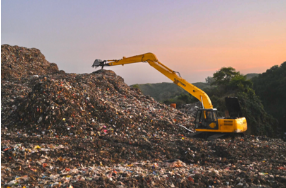
- Thrown away paper costs about 1 billion trees each year
- Humanity uses 2,500,000 plastic bottles every hour! Most are thrown away almost immediately.
- Plastic bags and other plastic waste thrown into the ocean kill up to 1,000,000 marine animals each year.
- A modern glass bottle would take more than 4,000 years to decompose. And even longer when it is disposed of.
- The extraction and transportation of glass raw materials result in around 385 kg of waste per ton of glass. When recycled glass is replaced by half of the raw materials, waste is reduced by more than 80%.
- Planetary forests are cut down at 100 acres per minute.
- Some engine oils can contaminate up to 2,000,000 gallons of fresh water if not properly disposed of.
- Engine oil is never worn out, only dirty. It can be recycled, recycled and reused, reducing our dependence on imported oil.
- Scientists use high-energy electricity pulses to instantly convert carbon to turbostatic graphene. The process promises great environmental benefits.

As you can see, the information about ignoring recycling is scary. If you’ve never thought about recycling or thought it wasn’t really worth it, you may want to think again.
This can help you save money in the long run, but more importantly, it’s great for the environment and therefore for generations to come, starting with your kids. Let’s leave them a cleaner world. Recycling doesn’t require too much extra effort on your part, and as more people do it, the world becomes much cleaner.
To make the planet a good habitat, we not only need a working recycling plan, but also a plan to make durable products, both functional and beautiful, that we can safely leave for future generations.
